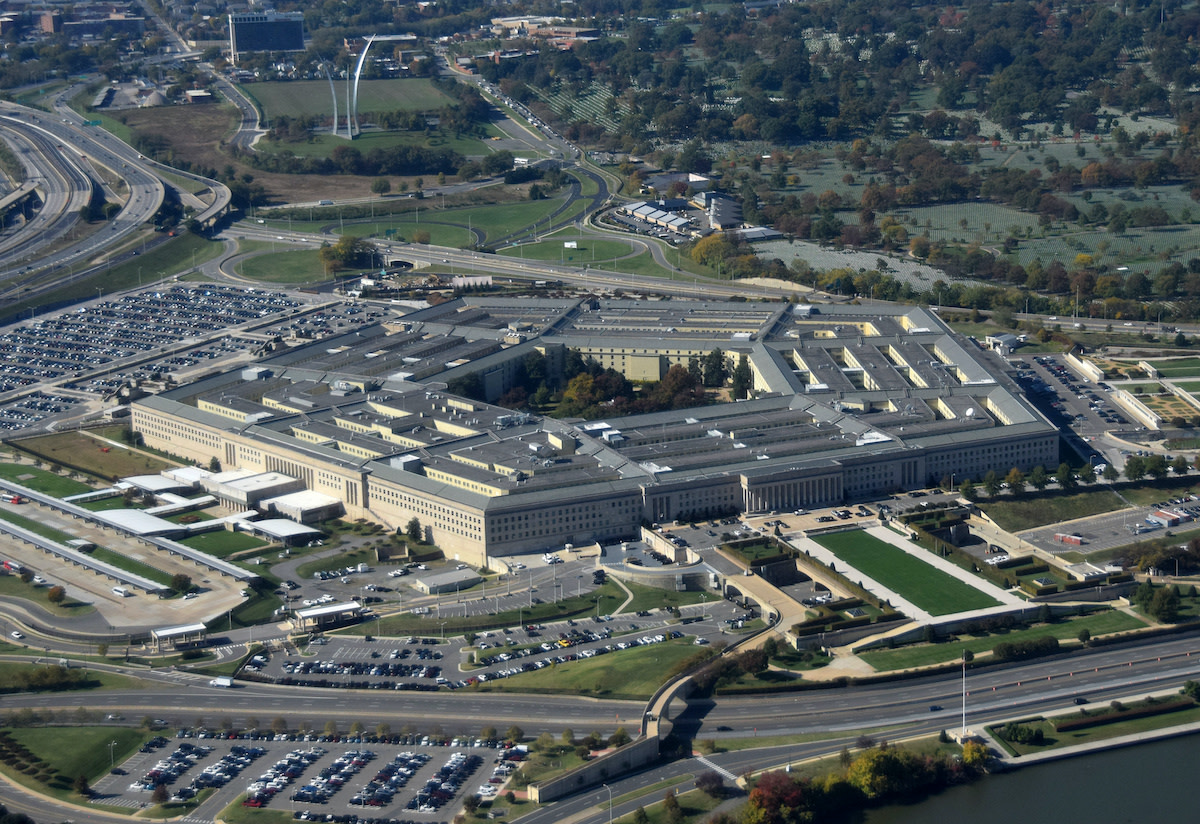What Does the Chairman of the Joint Chiefs of Staff Do?
Written by MasterClass
Last updated: Sep 7, 2022 • 3 min read
The Chairman of the Joint Chiefs of Staff provides military advice to the Commander-in-Chief of the United States Armed Forces.
Learn From the Best
What Is the Chairman of the Joint Chiefs of Staff?
The Chairman of the Joint Chiefs of Staff (CJCS) is the highest-ranking military officer in the U.S. Armed Forces. The Chairman of the Joint Chiefs of Staff serves as the principal military adviser to the President of the United States, the Secretary of Defense, the Homeland Security Council (HSC), and the National Security Council (NSC).
The United States president selects the Chairman of the Joint Chiefs of Staff, and a majority vote in the United States Senate confirms. The Chairman of the Joint Chiefs of Staff takes office in odd-numbered years and serves a four-year term unless specifically asked to resign early by the president. As such, the CJCS may serve two different presidents.
History of the Chairman of the Joint Chiefs of Staff
The Chairman of the Joint Chiefs of Staff operates under a singular principle—to provide military advice to the United States president. How the Chairman of the Joint Chiefs of Staff executes that duty has evolved since 1942:
- Fleet Admiral William D. Leahy: Fleet Adm. William D. Leahy of the Navy served as the first Chairman of the Joint Chiefs of Staff under President Franklin D. Roosevelt, beginning in 1942.
- National Security Act: Congress's passage of the National Security Act of 1947, following World War II, officially established the Chairman of the Joint Chiefs of Staff as an adviser to the president.
- Goldwater-Nichols Act: Per the Goldwater-Nichols Department of Defense Reorganization Act of 1986, the CJCS plays no formal role in the combatant commands of the U.S. military. These commands directly take their orders from civilian leaders: the president and the president's proxy, the Secretary of Defense. The Joint Chiefs of Staff do not have operational command authority over fighting forces. Instead, the military chain of command runs from the president through the Secretary of Defense to the combatant commanders, bypassing the Chairman of the Joint Chiefs of Staff.
3 Responsibilities of the Chairman of the Joint Chiefs of Staff
In day-to-day operations, the CJCS works primarily out of the Pentagon, the headquarters of the Department of Defense (DOD), and attends meetings at the White House in Washington, D.C. Primary responsibilities of the CJCS include:
- 1. Providing military advice. Per Article Two of the United States Constitution, the President of the United States and the president's liaison for military command, the Secretary of Defense, direct America's armed forces. The role of the Chairman of the Joint Chiefs of Staff is to provide military advice to those civilian leaders.
- 2. Leading the Joint Chiefs of Staff. The CJCS leads an eight-member council called the Joint Chiefs of Staff (JCS), which offers strategic direction and tactical know-how to execute the president's military objectives. The council comprises four-star generals or admirals and includes the Vice-Chairman of the Joint Chiefs of Staff, the Chief of Staff of the Army, the Chief of Naval Operations, the Chief of Staff of the Air Force, the Commandant of the Marine Corps, the Chief of the National Guard Bureau, and the Chief of Space Operations.
- 3. Serving on the National Security Council. The CJCS also serves on the president's National Security Council. Regular attendees of the National Security Council meetings include the Vice President, the Secretary of Defense, the Secretary of the Treasury, the Secretary of State, the Secretary of Homeland Security, the Attorney General, the Secretary of Energy, the Chief of Staff to the President, and the Representative of the United States of America to the United Nations, among others.
Learn More
Get the MasterClass Annual Membership for exclusive access to video lessons taught by the world’s best, including Paul Krugman, David Axelrod, Doris Kearns Goodwin, Karl Rove, Jane Goodall, and more.
